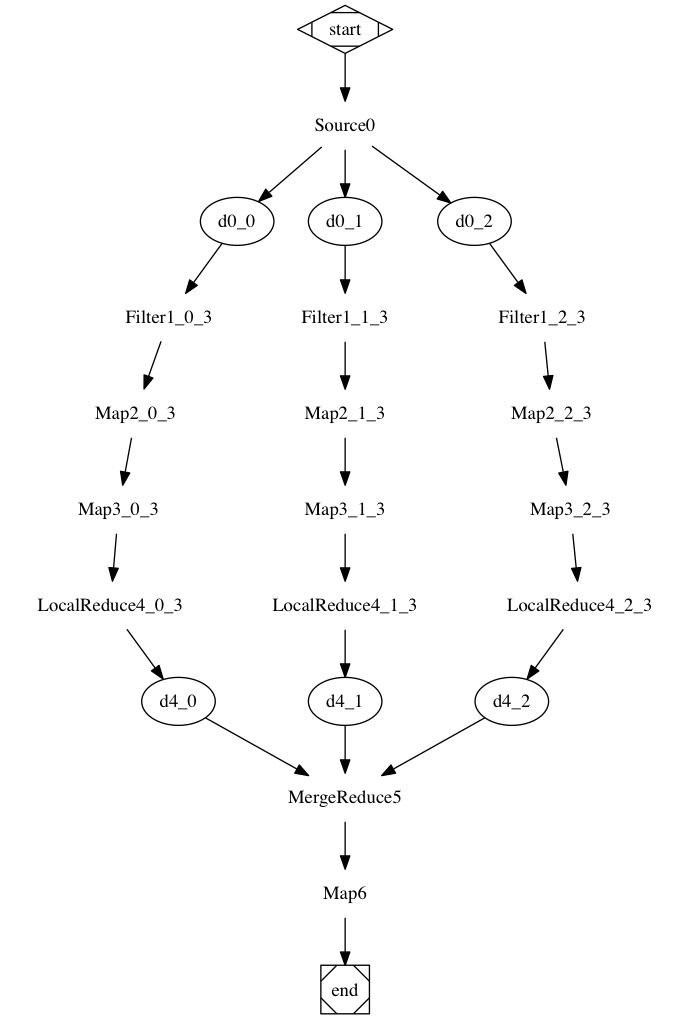Distributed Lab 2: RPC in Go
Using the lab sheet
There are two ways to use the lab sheet, you can either:
- create a new repo from this template - this is the recommended way
- download a zip file
Ratings
Each question is rated to help you balance your work:
-
🔴 ⚪ ⚪ ⚪ ⚪ - Easy, strictly necessary. -
🔴 🔴 ⚪ ⚪ ⚪ - Medium, still necessary. -
🔴 🔴 🔴 ⚪ ⚪ - Hard, necessary if you're aiming for higher marks. -
🔴 🔴 🔴 🔴 ⚪ - Hard, useful for coursework extensions. -
🔴 🔴 🔴 🔴 🔴 - Hard, beyond what you need for any part of the coursework.
1: Deploying the Chat System
🔴
⚪
⚪
⚪
⚪
Following from the end of last week's lab, you should now have a distributed system -- a chat client and server. Hopefully you've already tested these out locally, but now you need to put them to the test by running them in a properly distributed fashion.
For this, we will make use of AWS. Follow the guides for setting up instances, accessing them, and opening required ports.
In particular, you should:
- create two t2.micro instances, (guide)
- make sure Go is installed on your instances (guide)
- load your client/server code onto the instances (e.g., via git)
- open ports to allow communication between instances (guide)
- start your server running on one instance (ssh guide)
- connect to your server with your client on another instance
- connect to your server from your local machine
- communicate between clients via your (genuinely) distributed system!
Make sure you stop your instances when you have finished!
Frequently Asked Questions
-
My code worked locally but it doesn't on AWS: The main reason for this happening is incorrect IP addresses. To connect to the server from another AWS instance, you will need to use the private IP address. To connect to the server from a non-AWS computer (i.e. your personal computer) you need to use the public IP address. Think about why this may be the case, how do private and public IP addresses work?
-
I use
go run client.goand getpanic: runtime error: invalid memory address or nil pointer dereference: You are not passing in the IP address of the server to the client. Run it like thisgo run client.go -ip ip:portreplacingipandportwith the appropriate values. -
What is git? How do I copy files with it? Git is a version control system, it allows you to keep track of your changes. When we suggest loading files to AWS, we are suggesting that you should use a git repository and pushing your changes to the remote repository, then cloning/pulling these changes to your AWS instance. GitHub, GitLab and many others are services that allow for this process. Still stuck? You can try using SCP - we do not recommend this though. You should be familiar with git at this point.
2: Using RPC - Secret Strings
🔴
⚪
⚪
⚪
⚪
Follow the video from this week to create a simple RPC system that allows clients to call the functions of a server via a defined interface. As with last week, this is best attempted in stages:
- Stage 1: Write server code to enable access to the "secret" string manipulation function. Test it by writing a client that sends a string to be reversed.
- Stage 2: Enable Premium Tier service by implementing the
FastReversefunction in the server. - Stage 3: Update your client to read words from the
wordlistfile and reverse them all. - (Optional) run multiple server instances, and speed up the work by having your client split the load between servers.
3: 99 Bottles of Beer
🔴
🔴
🔴
⚪
⚪
So far we've been focusing on client-server systems. However, there are times when we don't really want a distinction in roles between components -- when we might want them to act as peers, all running the same code.
For this task, you are going to solve the "99 Bottles of Beer" problem in a distributed fashion. Rather than a single process singing the lyrics all by itself, you're going to run at least three instances of your code, on different machines, and have these buddies share the work of singing the song verse-by-verse, in order.
Here's how it should go:
- Buddy 1: "99 bottles of beer on the wall, 99 bottles of beer. Take one down, pass it around..."
- Buddy 2: "98 bottles of beer on the wall, 98 bottles of beer. Take one down, pass it around..."
- Buddy 3: "97 bottles of beer on the wall, 97 bottles of beer. Take one down, pass it around..."
- Buddy 1: "96 bottles of beer on the wall, 96 bottles of beer. Take one down, pass it around..."
All the way down until there are no more bottles of beer on the wall, which the final singer should note appropriately with your preferred ending to the song.
Use 3 for testing, but your solution should be able to handle any number of buddies singing along. There should be no difference in the code, just different flags on the commandline.
Hints:
- Each process needs to accept an
ip:portstring for the 'next' buddy who will follow on from them in the song. You'll have to configure them in a loop. - You don't want clients to try connect to each other straight away, or you won't have time to set the final process running so that the first can connect.
- When you set up the processes, you'll also need some way to indicate which of them should start the song (I suggest allowing any
nbottles of beer, for testing purposes). Only the last process you set up should need to be told thento count down from. - You may need to look at
client.Gorather thanclient.Call.


